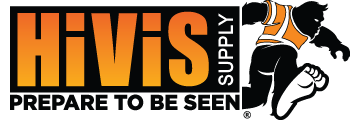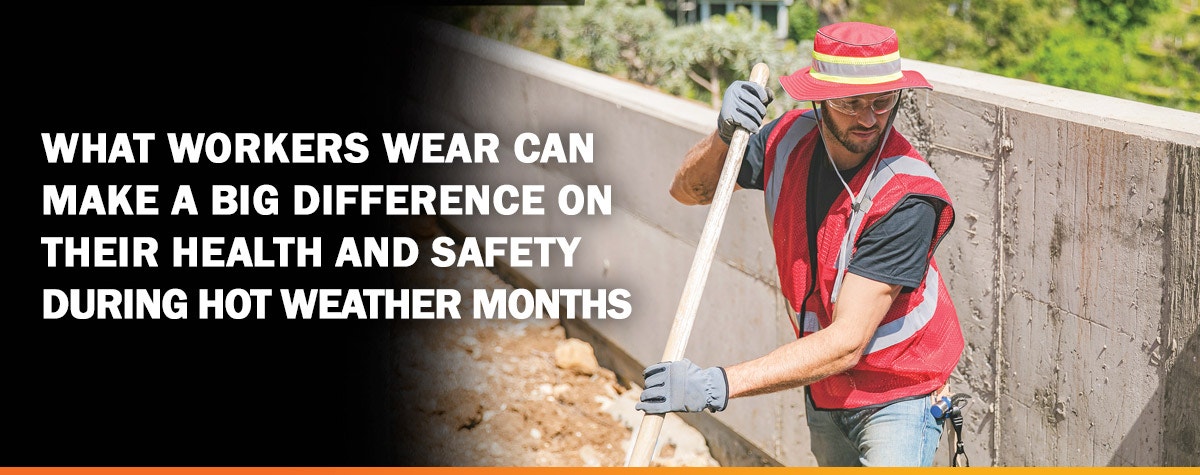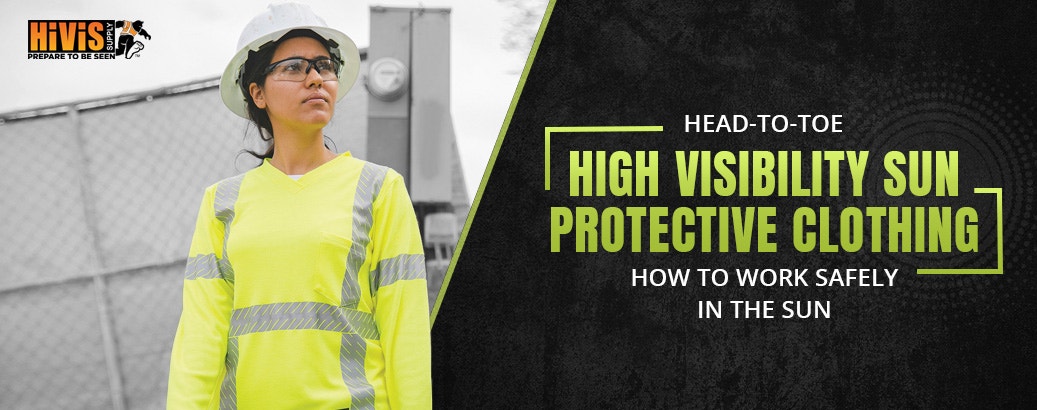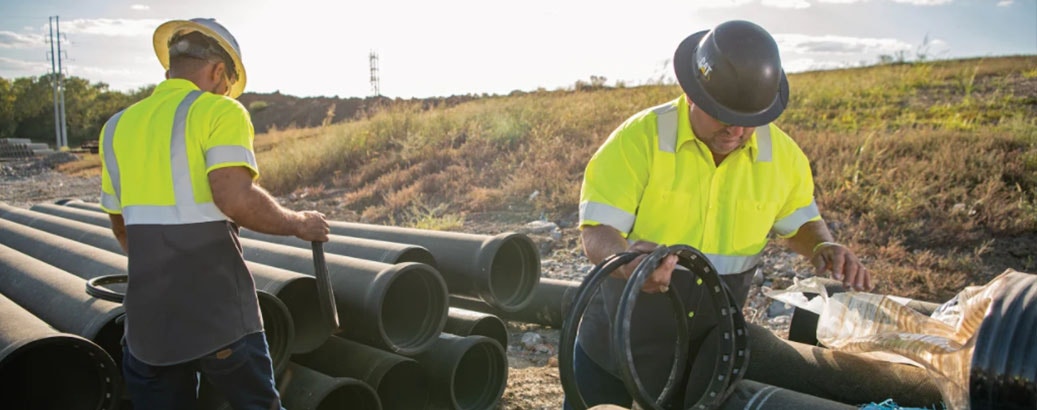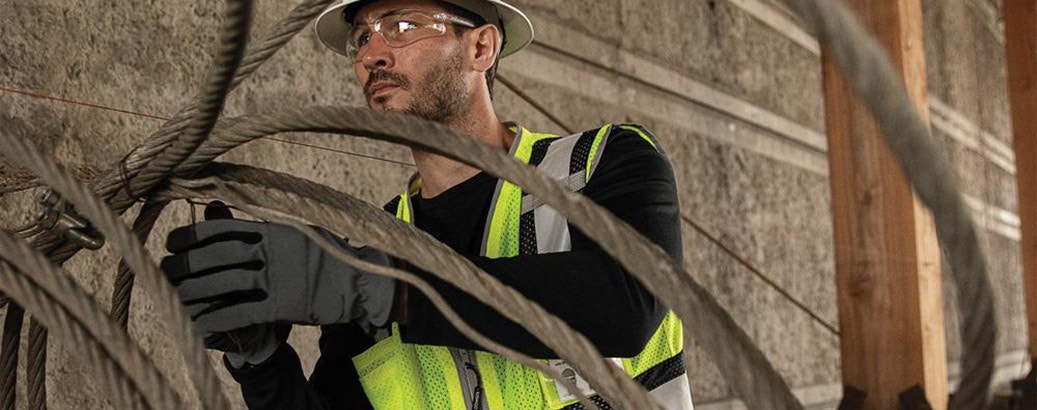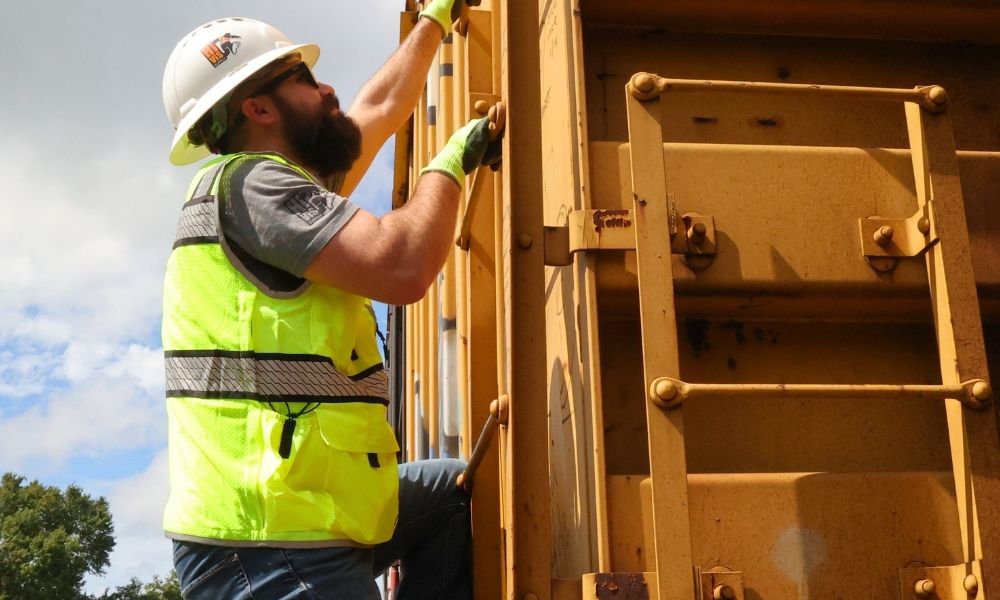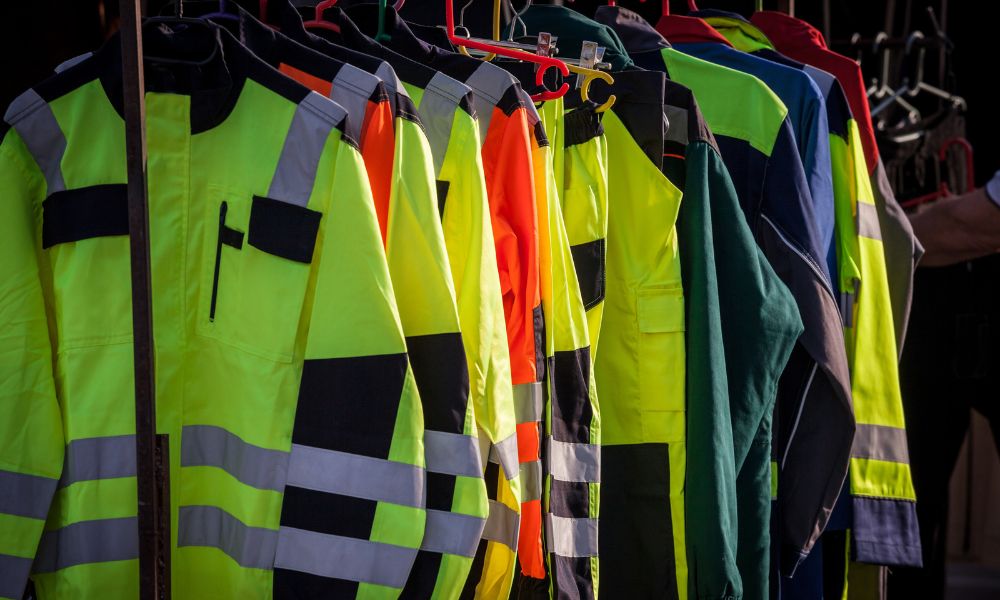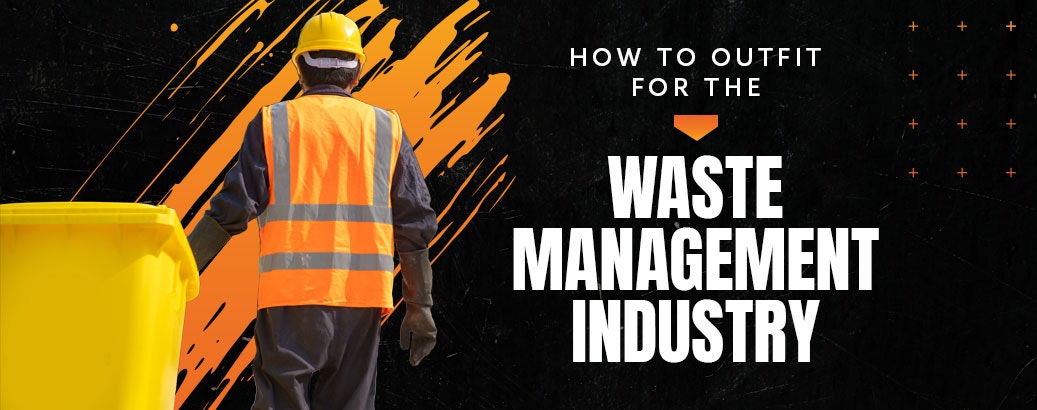Fast Treatment for 6 Common Heat-Related Illnesses
- By HiVis Supply
- Jul 3, 2019
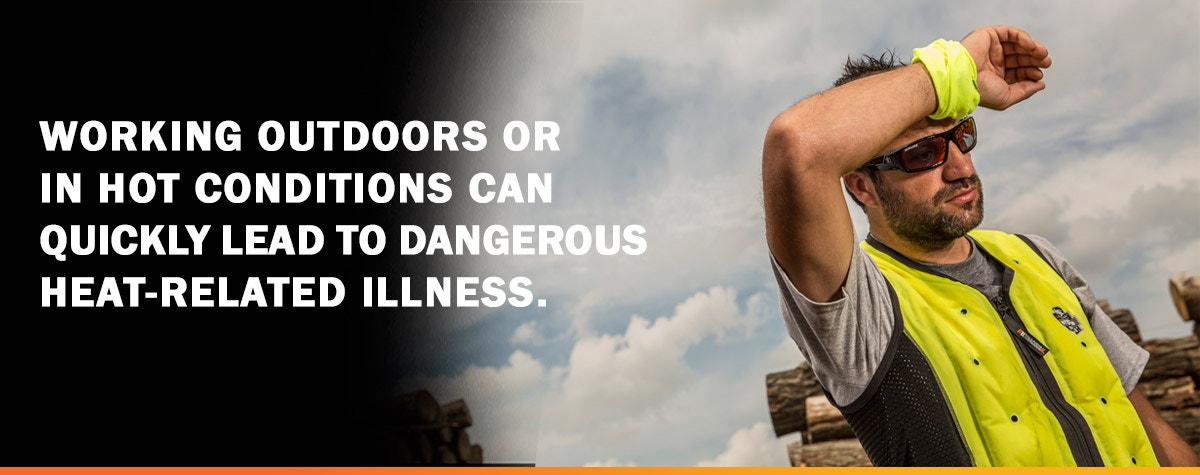
Summertime is here, and if there’s one thing HiVis Hank knows more than high visibility protection it’s working in the hot, hot sun. There’s been more than a few times he’s suffered the effects of long hours and hot conditions. Over the years, he’s learned a few things that help him avoid the burn.
Speaking of burn, sunburns are just one of the risks you can encounter if you don’t take proper precautions in the summer. Heat-related illnesses can also include annoying heat rash or even potentially deadly illnesses like heat stroke. Those most at risk include seniors and young children, but increased exertion or preexisting medical conditions can be triggers for heat stress. That means folks that are fit-as-a-fiddle need to be careful too. HiVis Hank doesn’t want you to suffer, so he racked his brain to come up with some simple solutions to help you avoid heat stress this summer.
Just remember, workers need to rest more often during the warm weather months. They should have access to a cool and shady area and plenty of cold water to drink. You can’t stop the dog days of summer from trying to beat down your crew, but you can offer your team relief with heat stress and cooling products like these.
Working in hot conditions can be so dangerous, we asked HiVis Hank his thoughts on the most dangerous heat-related illnesses and what to do about them. This is what he said:
- Dehydration can happen anytime on the job and can be due to many factors. The most common reason is not staying hydrated. Without the right levels of hydration and a proper electrolyte balance you run the risk of fatigue, mental confusion, thirst, muscle cramps, nausea, dizziness or worse.
Pro Tip: Stay hydrated throughout the day with water, hydration packs or sports drinks. - Heat rash occurs during hot and humid weather when blocked pores trap perspiration under the skin. Also known as prickly heat and miliaria, it leads to an itchy rash and can cause painful blisters.
Pro Tip: Have worker head to a cool, shady area to rest. If the rash doesn’t go away, they may have to see their doctor for a special ointment. - Heat cramps are muscle spasms that happen when you lose large amounts of salt and water through sweating, or if muscles become tight from overuse. The spasms usually occur in the abdomen, arms and calves (or as HiVis Hank calls them — the glamour muscles).
Pro Tip: Adequate hydration and consumption of electrolytes can help avoid heat cramps during strenuous work. Don’t wait until you’re thirsty either. Thirst is a sign you’re already dehydrated. - Heat syncope is a illness that can cause dizziness, fainting or mental confusion. In an attempt to cool itself, your body’s blood vessels dilate so much that blood flow to your brain is reduced. Dehydration is usually the biggest culprit so be sure to drink up!
Pro Tip: Move the person out of the heat into A/C. Elevate feet, remove tight, heavy clothing and offer fluids that contain salt. - Heat exhaustion occurs when the body sweats so much it loses too much salt and water and begins to overheat. Heat exhaustion usually includes symptoms like cool skin, goosebumps, fainting, dizziness, fatigue, low blood pressure, muscle cramps, nausea and headache.
Pro Tip: Get fast treatment like rest, hydration and relocate to a cooler place. Dehydration and low sodium levels are a major factor in heat exhaustion, so look for electrolyte and sodium replenishment drinks. - Heat stroke is the most serious of heat-related illnesses. It happens when the body is unable to regulate its own temperature. The body temperature rises, sweating stops and the body can’t cool down. Once the body reaches 104° F, it can quickly become fatal.
Heat stroke can cause permanent injury, so workers should seek emergency care any time they experience symptoms such as altered mental state, excessive sweating or dry skin, elevated body temperature, nausea, vomiting, rapid breathing, racing heart rate or headache.
Pro Tip: Heat stroke is nothing to mess around with. Take it seriously and seek medical attention at the closest hospital! Like now.
The National Institute of Occupational Safety and Health (NIOSH) has reported that hot environments are linked with lower mental alertness and physical performance. That’s just not something you want happening any time you’re working from heights, with heavy machinery or in any industrial application. So be sure to pay attention to working conditions and train your crew on how to prevent and treat heat-related illnesses.
If you find yourself with questions about how you can avoid heat-related illnesses, just ask the friendly pros at HiVis Supply for help by clicking here.


